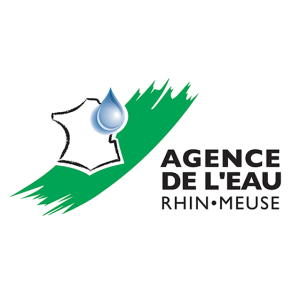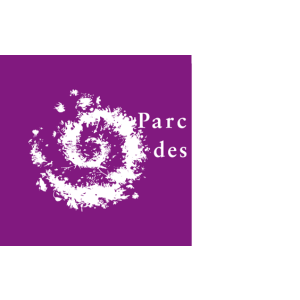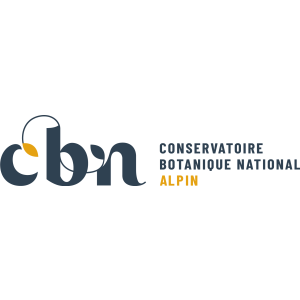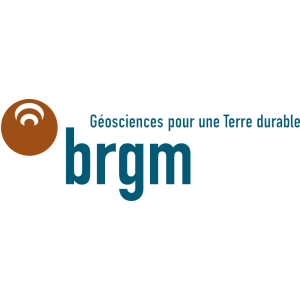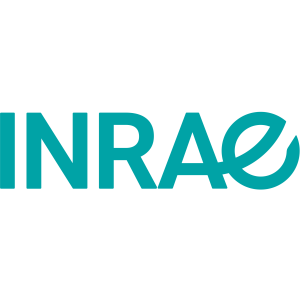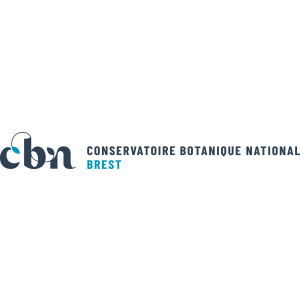
Document généré le 07/02/2026 depuis l'adresse: https://www.documentation.eauetbiodiversite.fr/fr/notice/mitochondrial-diversity-and-population-structure-of-grass-carp
Titre alternatif
Producteur
Contributeur(s)
Éditeur(s)
EDP Sciences
Identifiant documentaire
11-dkey/10.1051/kmae/2022012
Identifiant OAI
oai:edpsciences.org:dkey/10.1051/kmae/2022012
Auteur(s):
Jiping Yang,Yuefei Li,Shuli Zhu,Xinhui Li,Jie Li,Weitao Chen
Mots clés
Pearl River
grass carp
artificial release programs
genetic diversity
mitochondrial loci
Date de publication
28/06/2022
Date de création
Date de modification
Date d'acceptation du document
Date de dépôt légal
Langue
en
Thème
Type de ressource
Source
https://doi.org/10.1051/kmae/2022012
Droits de réutilisation
Région
Département
Commune
Description
The grass carp Ctenopharyngodon idella is a commercially relevant carp species with a long-term artificial release history in China. To date, several genetic diversity studies have been performed on the Yangtze River C. idella populations, but similar reports were sparse for the Pearl River populations. Here, our study explored the genetic diversity patterns and population structure of the Pearl River C. idella populations after human intervention using two mitochondrial loci. Phylogenetic analyses demonstrated that grass carp populations in the Pearl River exhibited two maternal genetic lineages. Haplotype networks demonstrated that most main Pearl River haplotypes were shared with those of the Yangtze River samples. No genetic structure was detected among the Pearl populations and low level of population differentiation was observed between individual Yangtze River populations and the Pearl River populations. These findings might be attributed to the high dispersal ability of grass carp, as well as anthropogenic release. Moreover, the nucleotide diversity of the Pearl River populations was higher than that of the Yangtze River, indicating that artificial release programs might have significant effects on the genetic diversity of the Pearl River populations. Taken together, our findings demonstrated artificial release programs may have influenced the Pearl River grass carp populations and provide important knowledge that may guide the future management of grass carp in the Pearl River.
Accès aux documents
0
Consultations
0
Téléchargements

